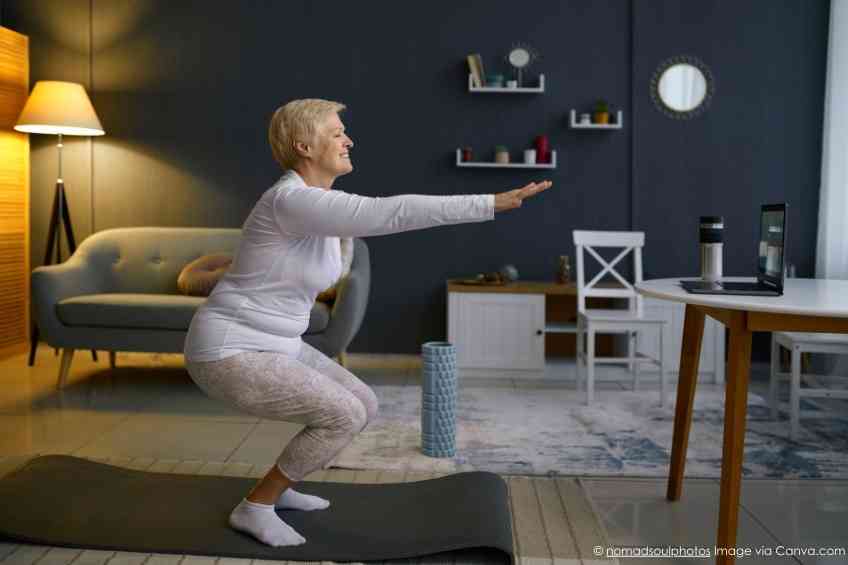By John Salak –
Getting a fix on the age when people are the happiest might seem easy. Apparently, it’s not. There are seemingly endless studies that all give a different and nuanced take. Why is it so difficult? It depends on how happiness is defined. It is also a pretty subjective equation.
Germany’s Ruhr University Bochum is the latest institution to try to pin down the average age people are the happiest. After examining trends in the subjective well-being of more than 460,000 participants, the university’s researchers came up with a few different answers. What may be surprising is that youth didn’t necessarily bring joy. Happiness and life satisfaction also seemed to constantly rise and fall throughout life cycles, making it hard to identify a specific age.
“We focused on changes in three central components of subjective well-being,” explained Professor Susanne Bücker. “Life satisfaction, positive emotional states and negative emotional states.”
Researchers discovered that life satisfaction decreased between the ages of 9 and 16, then increased slightly until the age of 70. It then decreased once again until the age of 96. Positive emotional states showed a general decline from age 9 to age 94, while negative emotional states fluctuated slightly between ages 9 and 22. These states then declined until age 60 when they began increasing again.
“Overall, the study indicated a positive trend over a wide period of life, if we look at life satisfaction and negative emotional states,” Bücker concluded.
The Ruhr team attributed the slight decline in life satisfaction between the ages of 9 and 16 to body changes and puberty-related social pressures. Positive feelings, in turn, tend to decrease from childhood to late adulthood. In extremely late adulthood, all components of subjective well-being tended to worsen rather than improve.
“This could be related to the fact that in very old people, physical performance decreases, health often deteriorates, and social contacts diminish; not lost because their peers pass away,” Bücker added.
Earlier happiness studies offered different and much more specific assessments. A survey by OnePoll, for example, found that more than 40 percent of adults would not go back to their 20s. Instead, the age of 36 was chosen by most as the perfect age.
The OnePoll report somewhat lined up with a study from Social Research Indicators in which Europeans over the age of 50 reported the happiest age range is between 30 and 34.
“I find that the probability of achieving the happiest period in life evolves systematically with age,” study author Begoña Álvarez reported. “Therefore, a more precise reading of the previous finding is that the early 30s is the stage of life with the highest chances of belonging to the happiest period in life, though the probability also remains relatively high at adjacent ages and declines as individuals grow older.”
Unfortunately, anyone searching for a simple and direct answer to the happiest age may still have to keep looking. Other recent research, for example, shows that people are happiest after the age of 55 in three key areas: financial situation, physical appearance, and overall well-being. This same study cited age 47 as the unhappiest year in a person’s life—both in developed and undeveloped countries.
Being older is even better—or at least happier—according to yet another report, which cited experts as identifying peak happiness between 60 and 75 years old. “It is called the “curve of happiness”, which is U-shaped because it is the point in our journeys when we are more settled; both from a professional and a personal point of view,” the report notes.
Perhaps it’s best not to worry about when to be happy. It may just come naturally.










